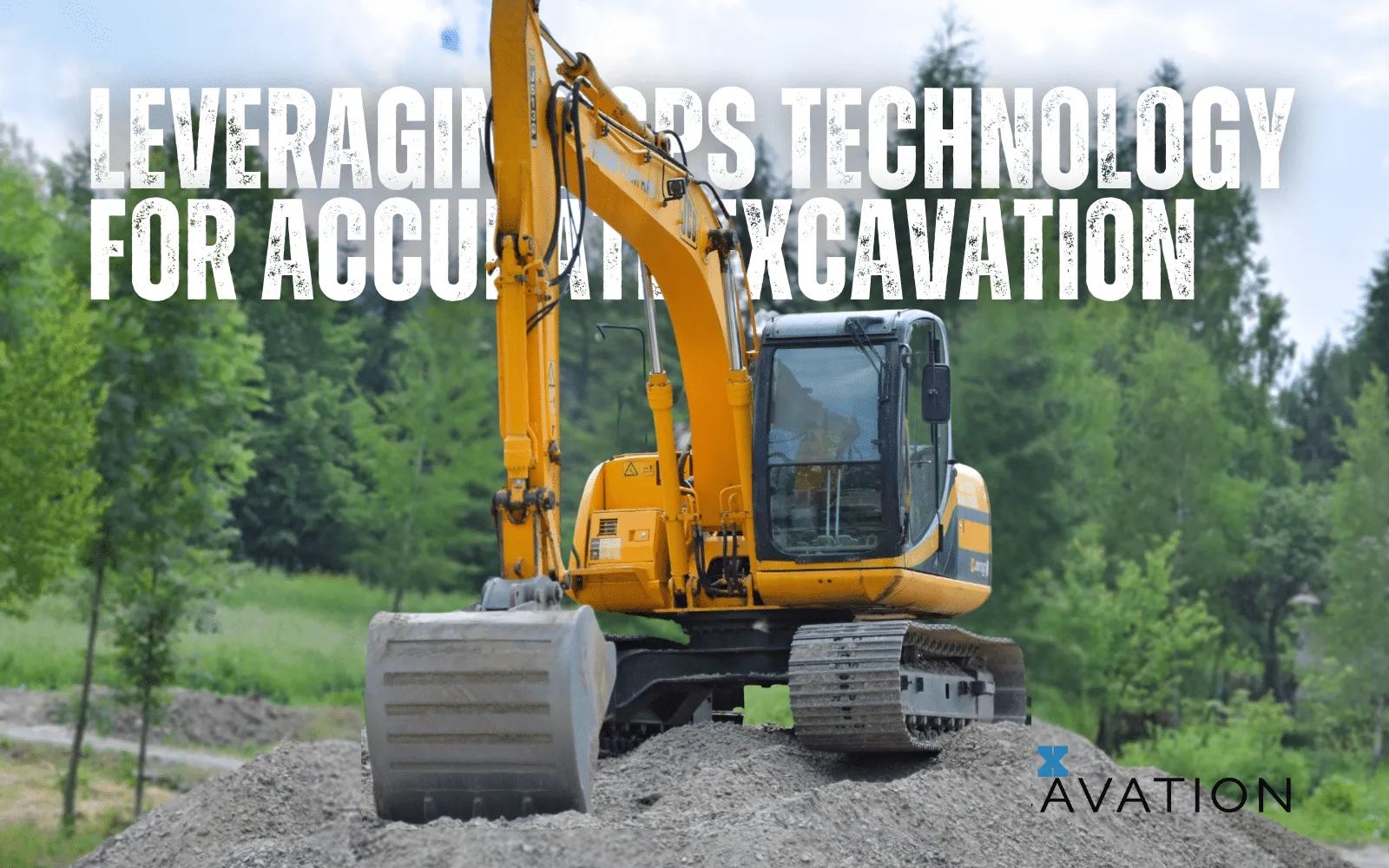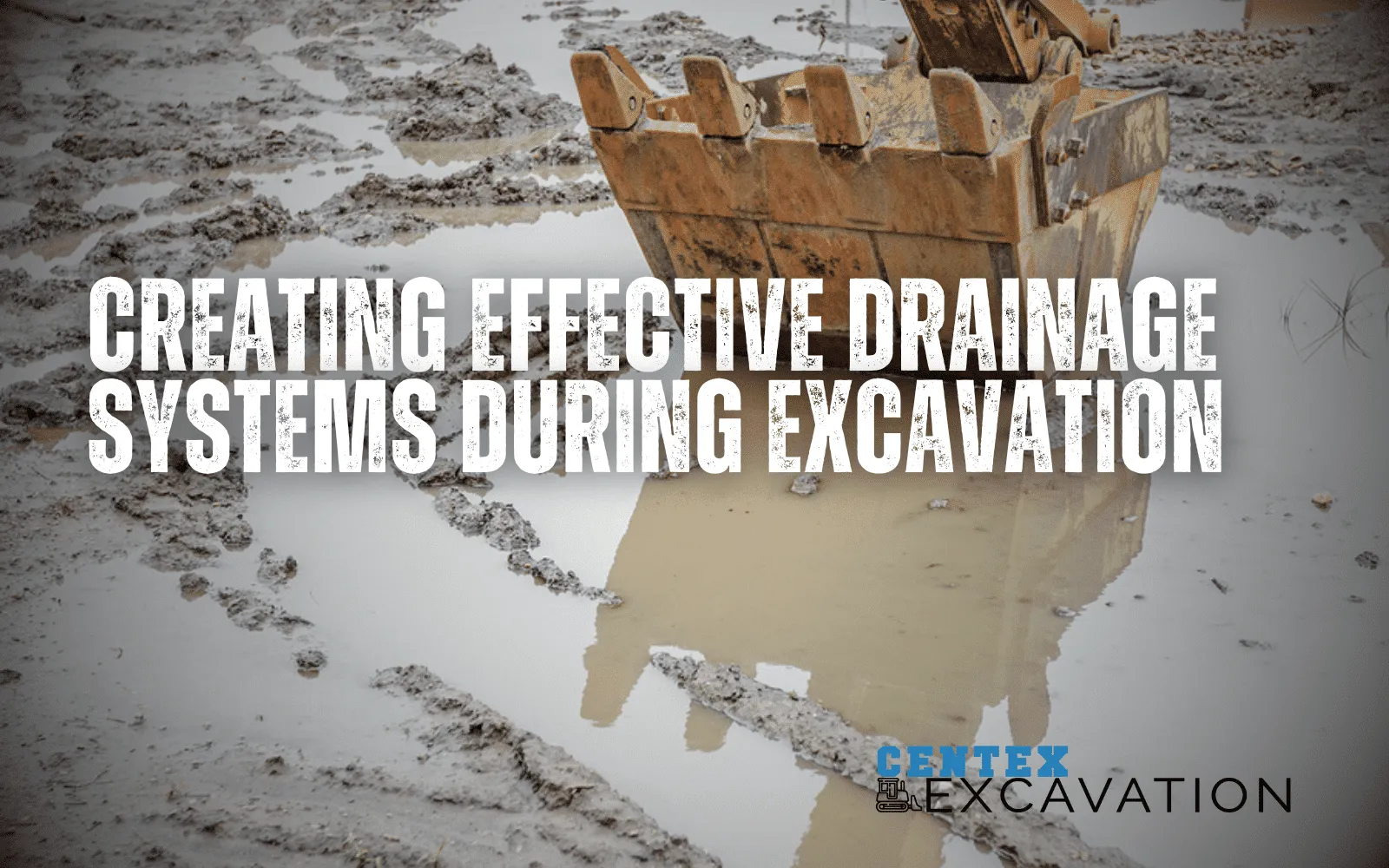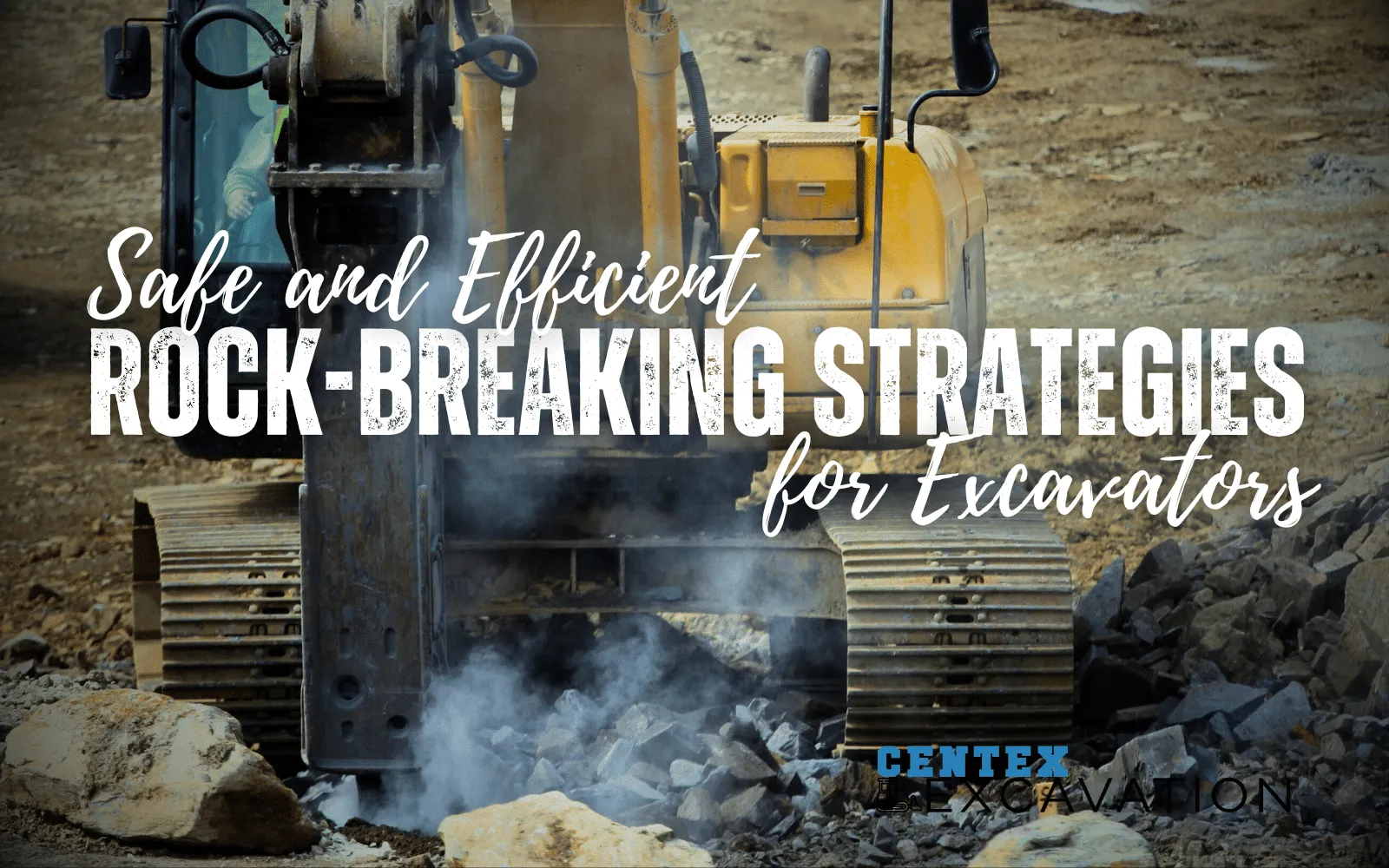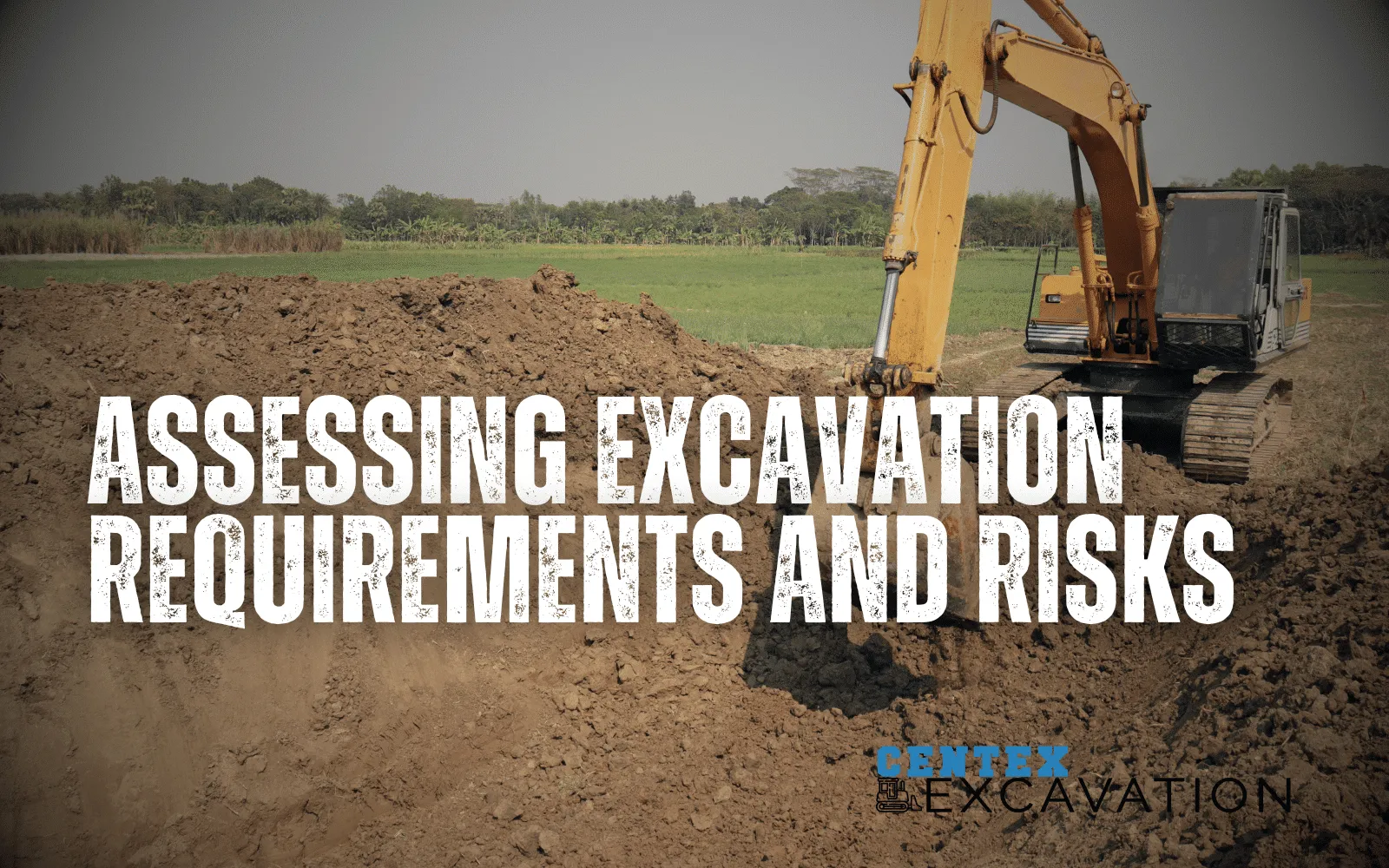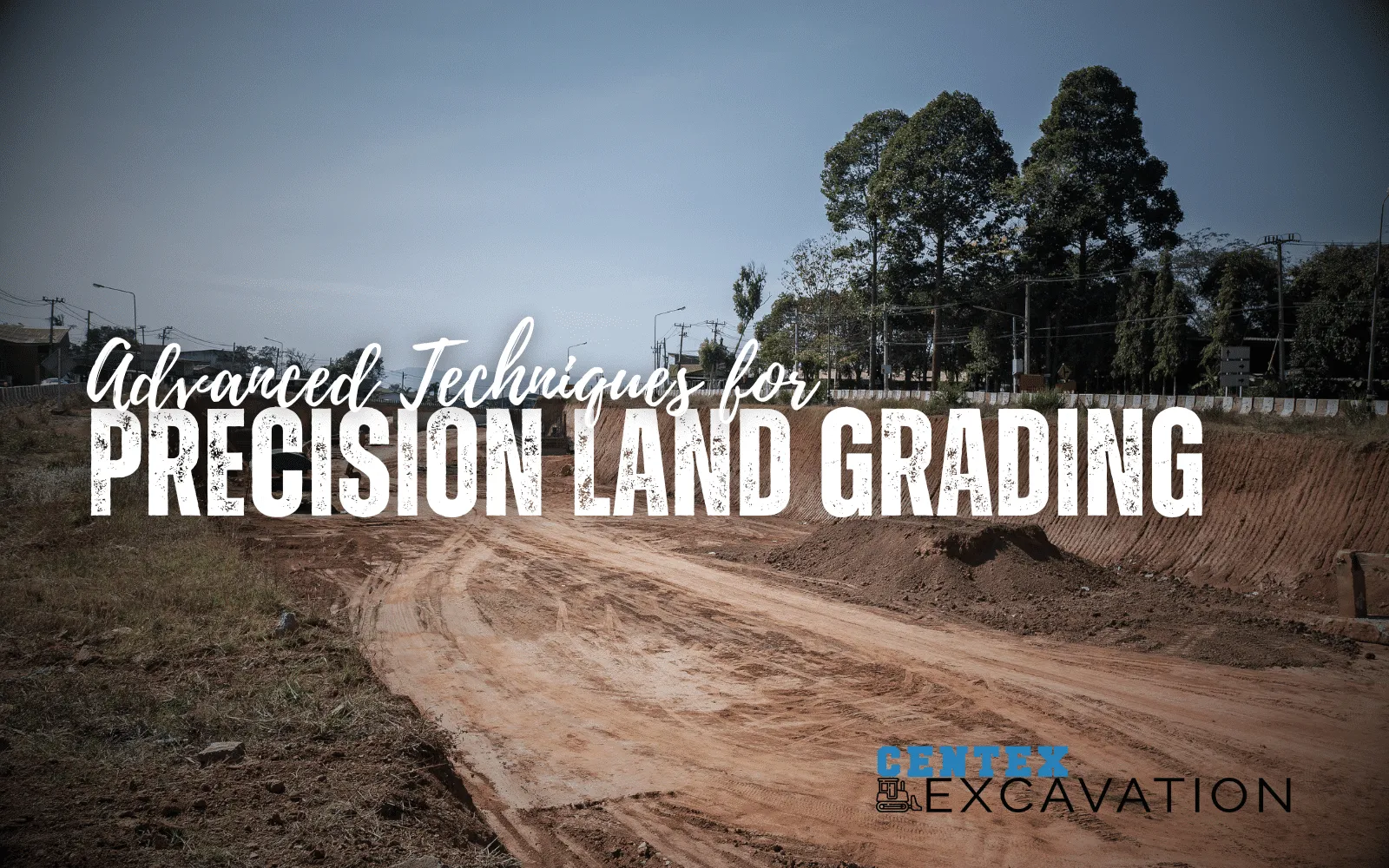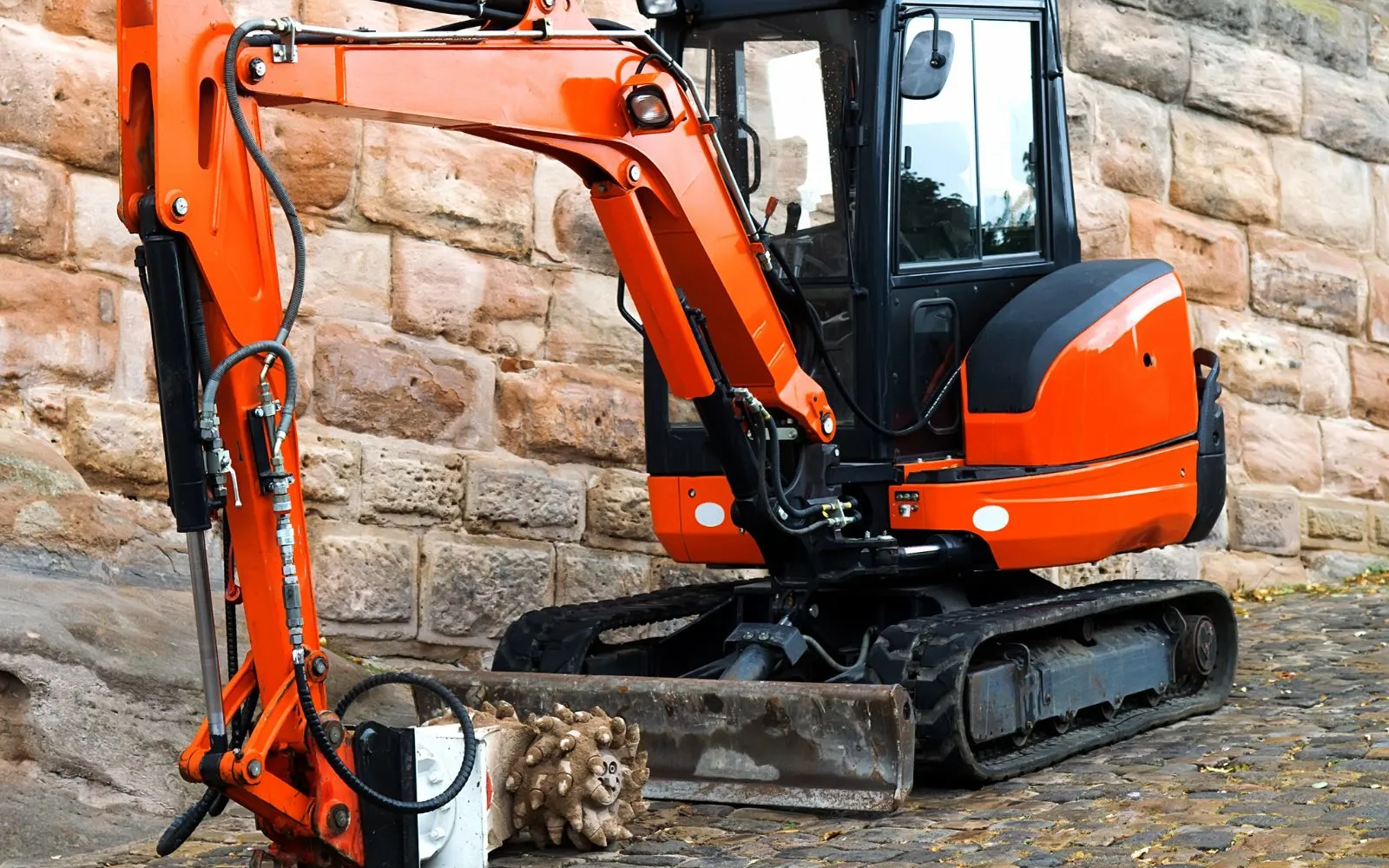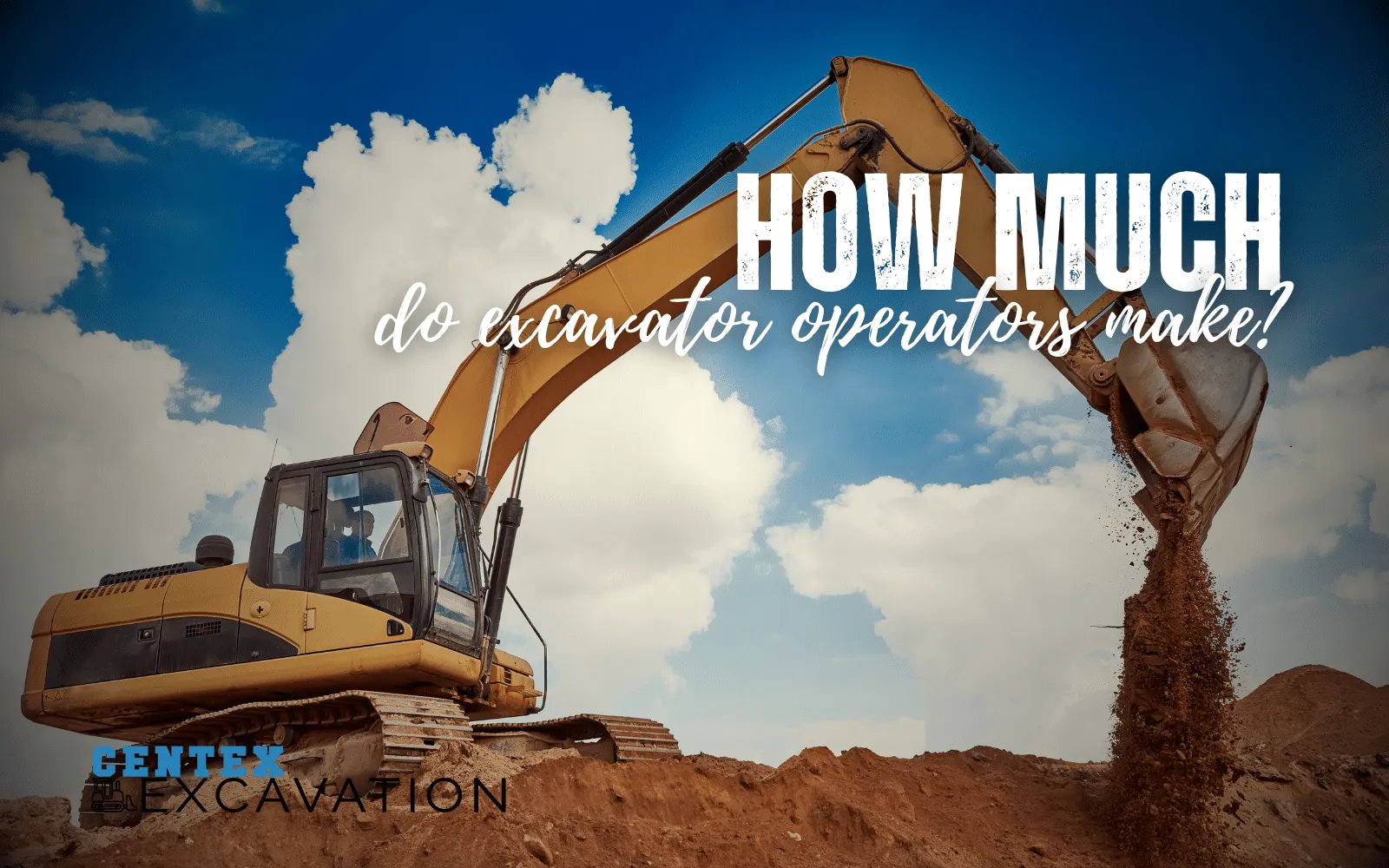Beyond the Basics with Excavation Safety

- Integrating Cutting-Edge Technology: Embracing technologies like IoT and AI in excavation enhances safety measures, allowing for continuous monitoring of site conditions, predictive maintenance of equipment, and real-time tracking of environmental hazards.
- Comprehensive and Ongoing Training: Advanced safety in excavation goes beyond basic protocols, emphasizing the importance of specialized training programs in emergency response, hazard recognition, and regular refresher courses to keep the team updated with the latest safety standards.
- Fostering a Safety-Centric Culture: Establishing a safety-focused company culture, starting from the top leadership, is crucial. This includes implementing reward systems for safe practices and integrating mental health awareness, ensuring a holistic approach to both physical and psychological well-being on site.
In the fast-paced and high-stakes excavation industry, cutting-edge safety measures are not just an option; they're a necessity. That's why we're digging deep into the realm of advanced safety for excavation companies, where traditional methods meet innovative technologies.
We've got some of the best ideas to accelerate your safety program.
Advanced safety tips for excavation companies.
We depend on our equipment and people to get the job done on time and on budget. But to do this, we need to take our safety precautions to the next level.
So, we've got some tips to improve safety across your workforce.
Integrated safety technology and beyond!
Incorporating advanced technologies like the Internet of Things (IoT) and Artificial Intelligence (AI) can revolutionize safety measures in excavation companies.
IoT devices allow you to monitor site conditions continuously, gaining a real-time understanding of the environment. This technology can predict potential hazards, enabling preemptive action to prevent accidents.
Imagine being able to foresee an accident before it happens.
- Efficient equipment maintenance. IoT sensors can be embedded in machinery, allowing real-time tracking of equipment conditions. These sensors facilitate predictive maintenance by alerting potential equipment failures, like overheating or unusual vibrations, thus averting accidents and promoting sustainability by reducing pollutant emissions from malfunctioning equipment.
- Structural health monitoring. IoT devices can be installed at critical construction site locations to provide real-time data on structural integrity. These sensors monitor various factors, such as humidity, temperature, and tensile stress, offering construction managers timely information for necessary interventions and ensuring safety standards are upheld.
- Waste management. Sensors in waste disposal units help track trash levels, ensuring efficient waste disposal and construction site safety. This technology assists in optimizing routes for waste collection, thereby reducing operational costs and environmental impact.
- Construction site safety. Sensors can monitor environmental hazards and workers' health, while innovative wearable technologies track vital signs and locations, alerting workers to imminent dangers. This technology plays a crucial role in accident prevention by halting machinery near workers and monitoring environmental risks.
This approach reduces the risk of equipment failure and ensures that all machinery is operating at optimal safety standards.
Comprehensive training programs for the entire team.
Safety training should go beyond the basics. Of course, the basics are great as they create a foundation, but we're trying to take a proactive approach to safety.
Specialized training programs that dig into advanced safety topics, such as emergency response and hazard recognition, are essential.
These programs equip staff with the knowledge to handle complex situations. After all, excavation sites are highly complex.
In addition to that, regular refresher courses are vital in keeping the team up-to-date with the latest safety standards and practices. This continual education ensures that safety is always at the forefront of operations.
It's not a one-and-done task.
Psychological safety and well-being.
Safety isn't just about physical well-being but also mental health.
Integrating mental health awareness into safety training acknowledges the significant impact of psychological well-being on overall safety. Remember, operators are people. They have needs as well.
Conducting stress management workshops can be highly beneficial, especially in high-pressure environments like excavation sites. This is especially true on massive projects, but you could still find some benefit to this beyond just the project.
These workshops can provide employees with valuable coping strategies, fostering a safer and more supportive work environment.
As we always say — one team, one fight.
Enhanced communication systems so everyone is on the same page.

Effective communication is key to maintaining safety. If you've been in the industry for more than a day, you know how true this is.
Utilizing real-time communication tools on-site ensures immediate updates and alerts, which is crucial in dynamic environments like excavation sites.
Equally important is establishing feedback loops.
These allow workers to report potential hazards or suggest improvements in safety procedures, fostering a proactive approach to safety.
While we all hate meetings, you might consider having a daily safety meeting that goes over some hazards your team is expected to encounter for the day. Don't make it last long, but get to the point.
Safety-focused company culture starts at the top.
Cultivating a safety-focused culture within the company is essential. Those meetings we mentioned lend themselves to this idea.
This starts with leadership commitment, where company leaders actively promote and participate in safety initiatives.
Implementing reward and recognition programs that acknowledge safe practices encourages a collective responsibility toward safety. We're not talking about a pizza party, but give financial incentives. After all, your company is saving a lot of money when there are no accidents. Pass that on to your team in the form of rewards.
This approach not only enhances safety but also builds a positive work environment.
Excavation safety should be a priority in your company.
Taking excavation safety beyond the basics is not just about adhering to regulations; it's about proactively creating a safer work environment.
By integrating advanced technology, offering comprehensive training, focusing on mental health, enhancing communication, and fostering a safety-centric culture, excavation companies can significantly reduce risks and protect their most valuable asset - their people.
Don't look at safety as a one-stop shop. No, instead, approach it holistically and integrate it into everything you do. Revisit safety principles from time to time to avoid your team being complacent about the idea of excavation safety.

